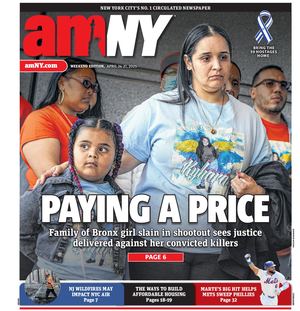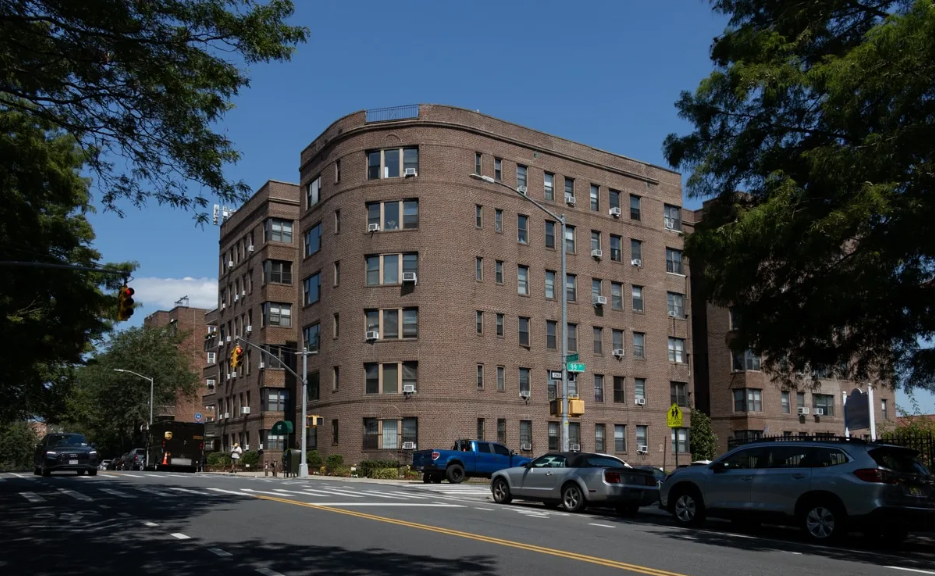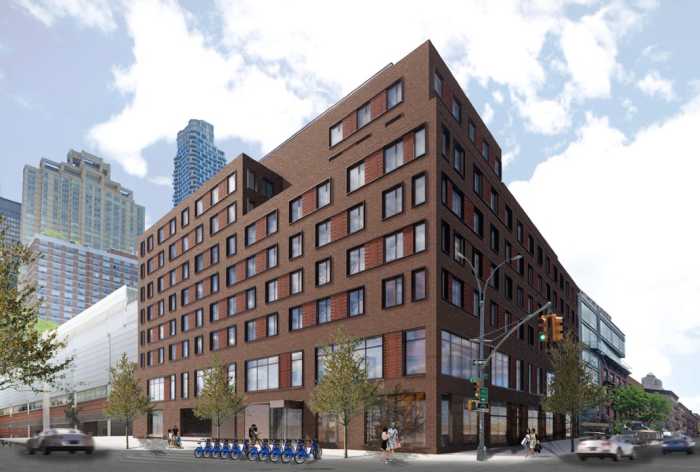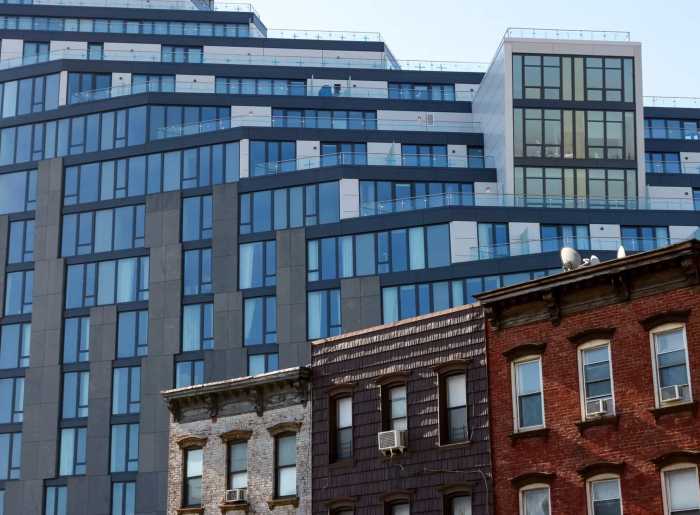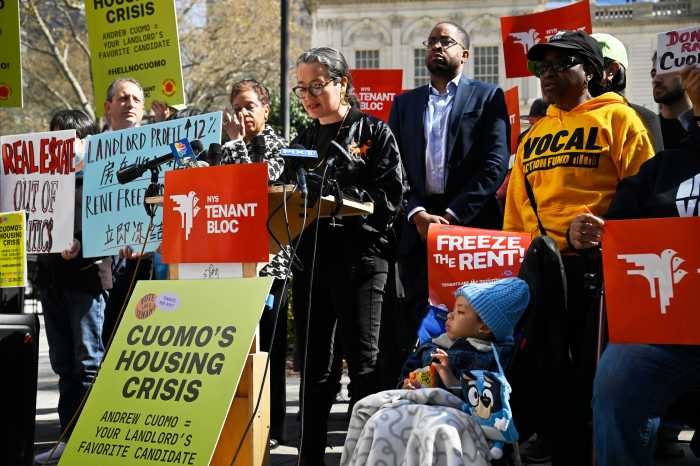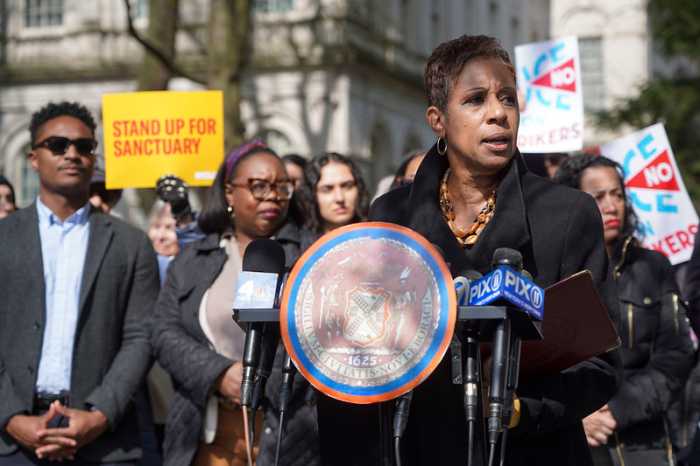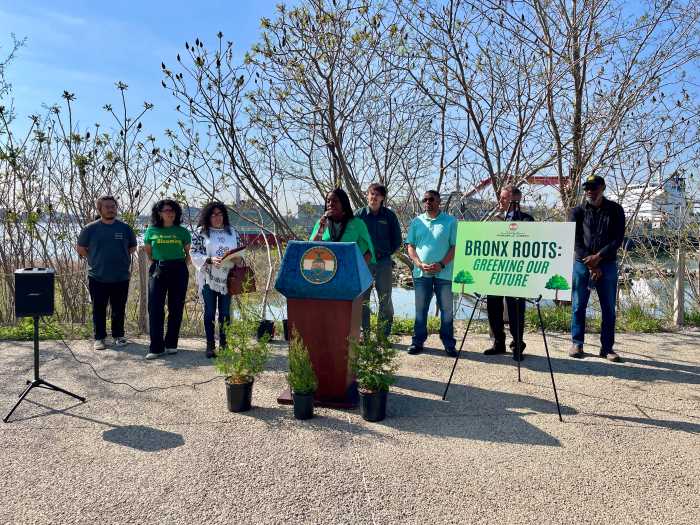The US Supreme Court has declined to hear two challenges to New York’s rent stabilization law, keeping in place a system regulating rents for roughly a million apartments despite landlords attempting to overturn it.
The high court in Washington declined to grant certiorari to two landlords’ challenges, G-Max Management and Building & Realty Institute of Westchester and Putnam Counties. The court did not give a reason for the denial, nor was a tally of the justices provided. The memo did note that Associate Justice Neil Gorsuch would have granted certiorari — a legal term where a petitioner seeks review of a lower court decision by a higher court.
Landlords contended that the state’s regulations on eviction protocols, through the 2019 Housing Stability and Tenant Protection Act (HSTPA), amounted to unconstitutional “takings” in violation of the Fifth Amendment. The court declined to hear similar cases in February.
The landmark 2019 law banned or curtailed certain practices that had previously been common in rent-stabilized units, such as vacancy decontrol, rent hikes on vacated units, preferential rents, and large increases for major capital improvements.
More than 2 million New York City renters live in rent-regulated apartments. Other localities with rent regulation include the cities of Poughkeepsie and Kingston, and the counties of Westchester, Nassau, and Rockland.
“Since 1969, New York’s Rent Stabilization Law has provided affordable housing for millions of New Yorkers, preventing displacement and combating homelessness,” reads a joint statement from the Legal Aid Society, Legal Services NYC, and Selendy Gay PLLC, which represented the defendants. “We will continue to challenge any and all efforts aimed at eroding the well-established and lawful protections that the communities we serve rely on.”
The 2019 HSTPA amended the rent stabilization law to make big rent hikes more difficult for property owners and has faced several legal challenges from landlord groups.
Reached for comment, a lawyer for the Building & Realty Institute, Kenneth Finger, said he was encouraged by Gorsuch voting to grant certiorari, calling the 2019 statute “devastating to the housing industry.”
“Our feeling, if you want to kill housing, that statute has done more than anything to kill the ability of affordable housing in Westchester and the surrounding counties,” said Finger. “We’re gonna keep working to try to provide affordable, decent housing for the tenants in New York. The HSTPA, we think, was as harmful for tenants as it was for landlords.”
